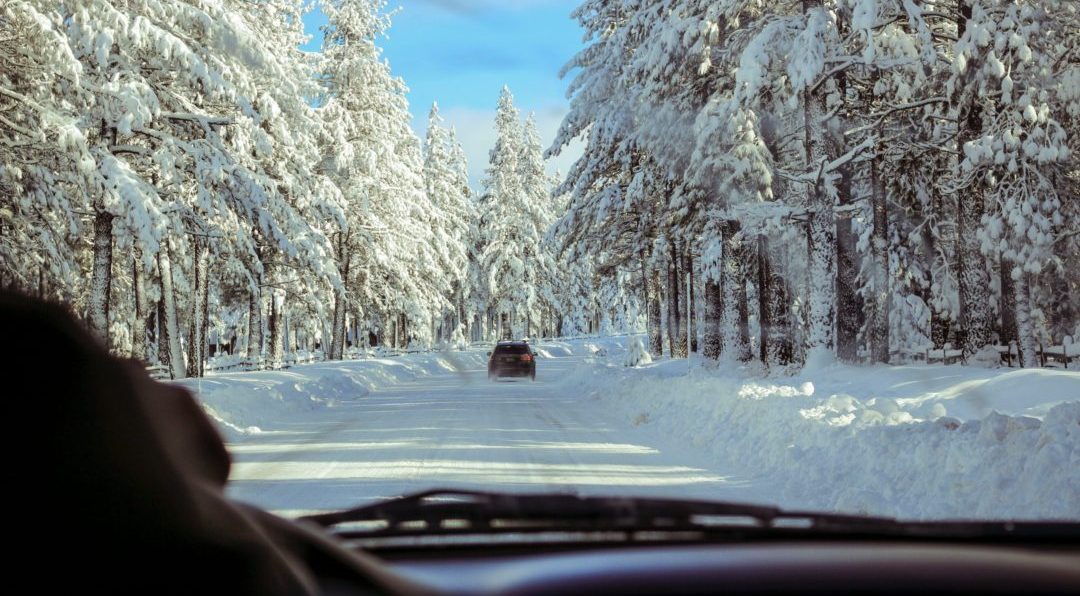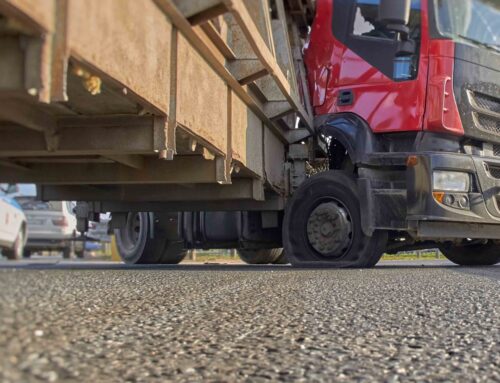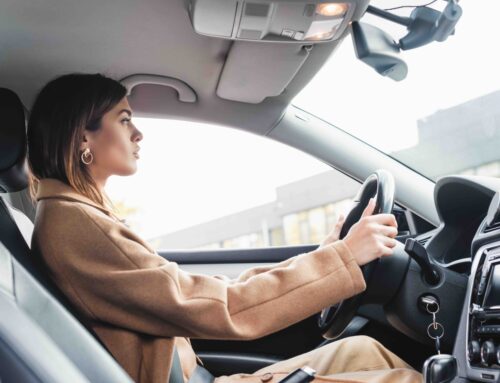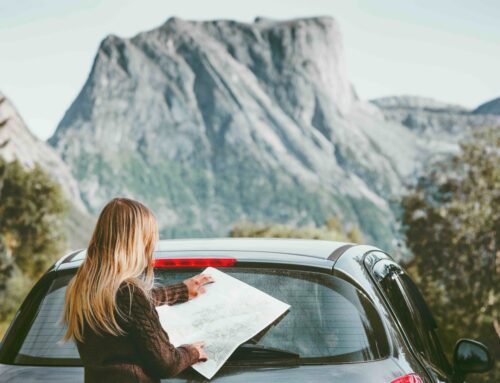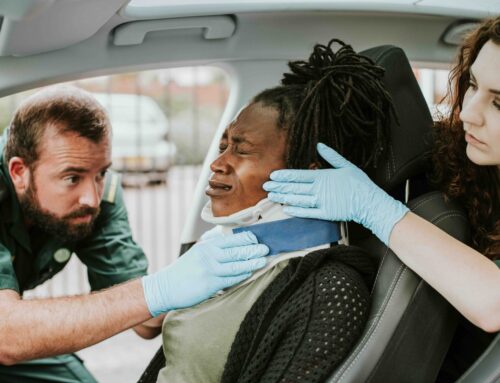The holiday season is both the best and worst time of year to be out and about. According to the Federal Highway Administration, over 116,800 people die annually in car accidents on snowy or icy roads. Despite this statistic, Christmas shopping, family visits, and deliveries will have you driving all over the place this time of year, even in poor weather conditions. Snow, sleet, hail, rain, and icy roads make safe traveling more difficult than usual, which is why it is important to know these safe driving tips, as well as what to do in case of a weather-related accident.
Safe Driving Tips
- To prevent an accident, it’s important to regularly check your brakes and tires, even more often than you would during warmer seasons.
- Drive slowly to decrease the possibility of skidding. It is perfectly acceptable to travel below the speed limit if you are doing so to accommodate poor road conditions.
- If you are tired or the weather is worsening, pull over. Don’t take any unnecessary risks.
- Be sure that you and any passengers in the vehicle are wearing seatbelts at all times; even if it’s supposed to be a quick trip.
- Do not look at your phone. Texting while driving is never safe to do, as you already know. Snapchat, Facebook, Instagram, and Twitter will still be there when you are done driving.
- Leave extra room between yourself and the car in front of you so that you can ensure you have enough time to stop if need be.
- Turn the radio on (at a low volume, so you can focus, of course). Often times stations will broadcast any road closings, detours, and further weather forecasts.
- If you have any lingering doubts about the state of your vehicle or the weather, simply do not go out until you feel it is safe. Whatever it is, can wait.
If You Get in an Accident…
Even if you are driving safely and have taken proper precautions, there is still a chance that another driver may miscalculate and crash into you.
This occurrence is made more likely by undesirable weather conditions. In the event that this happens, make absolutely sure that it is safe before leaving your car.
Once you’ve done so, proceed as you would with any other car accident. Exchange contact information in addition to drivers’ license and registration, and insurance information. It can greatly help your claim if you are able to take pictures of the aftermath of the collision as well.
Be sure to call 911 and make a report and get yourself checked for injuries at the nearest hospital, although you may feel “just fine.”
If you need assistance getting the compensation you deserve from the driver that caused the accident, contact us at 573-443-4500, or visit our website for more information.


